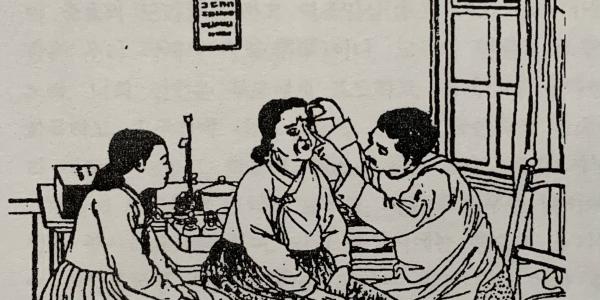EALC Lecture Series | Economies of Compassion and Medicine in Colonial Korea
Drawing from literature of emotions and ethics, this presentation illustrates the construction of compassion, conveyed by the cultural idiom insul, as a central component of medical services and physicians’ professional identities in colonial Korea. Proper performance of compassion, benevolent charity, or other scripted emotional expressions was valued as conducive to a salubrious environment between care-providers and their patients. Failings, however, indicate fissures in structures of care and the contingent nature of medical compassion. This study demonstrates how changing material and moral economies in the medical landscape necessitated, at the same time made impossible, medical compassion in colonial Korea. This produced lingering affects that informed postcolonial health reform discussions.
Sponsored by East Asian Languages and Cultures

